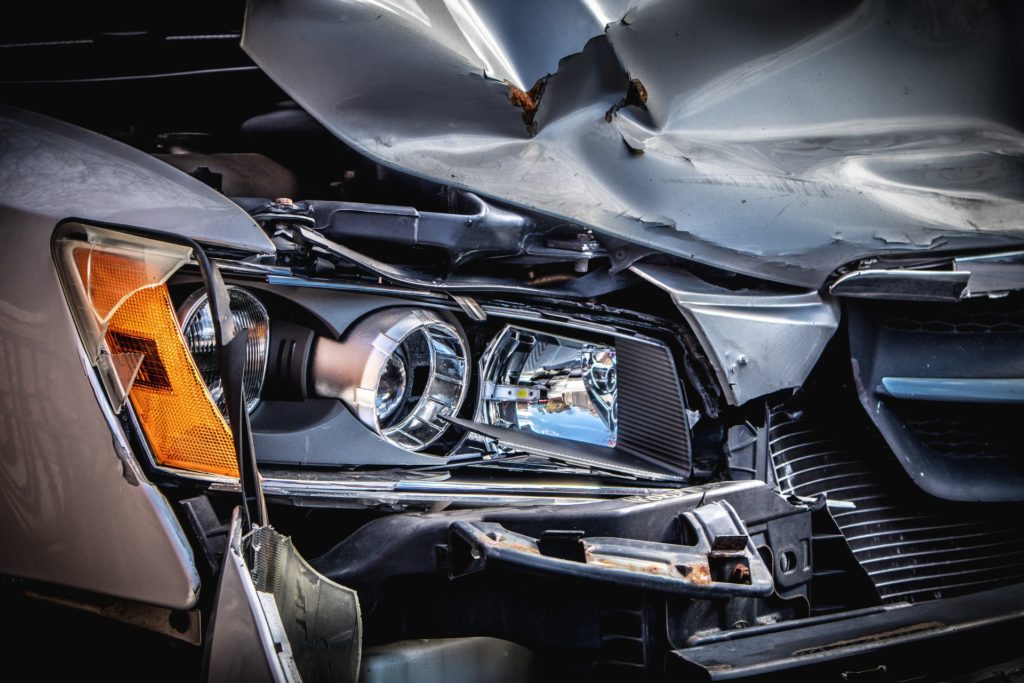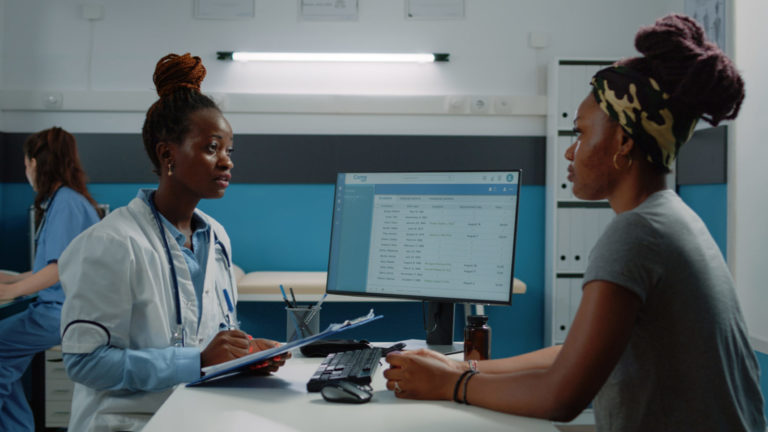Statistics show that between five to six million car accidents occur each year in the United States. Meanwhile, an estimated ten million or more vehicular incidents remain unreported to the authorities each year, per the National Highway Traffic Safety Administration. In most car crashes—nearly 90 percent of them—drivers demonstrated negligence, made errors, faced distractions, or experienced fatigue or impairment.
Due to involvement in car accidents, an estimated two million drivers incur permanent injuries each year. The World Health Organization approximates that there are just over one million road traffic fatalities each year.
Motor vehicle accidents can occur anywhere, at any time of day or night. Every driver—whether or not they’re at fault for a collision that results in property damage, serious injuries, or death—should know what to do if they’re in a car accident. Listed below are steps to take following a road incident to ensure every one is as safe as possible, and insurance claim processes run smoothly.
Check for Injuries and Seek Medical Attention
Car accidents often cause severe injuries like broken bones, traumatic brain injury, or spinal cord injury. Check yourself and any passengers, but be mindful that the signs of internal or external bodily harm may not be obvious. To be safe and sure of your condition, get to the hospital as soon as possible. Call for emergency services or ask a passenger or someone else to make the call. In case you’re hurt, wait for emergency personnel and medical staff, and try not to move.
Do Your Best to Move to Safety
If you can safely drive your car, pull it over to the side if it’s causing a hazard or obstructing others. Should your vehicle be unsafe, leave it where it is, and try to get yourself to safety. If you can move, try getting to a sidewalk or the side of the road.

Take Documentation of the Scene and Damage
Be detailed when it comes to taking notes regarding your experience, vehicular damage, bodily injuries, and any medical expenses. Photograph your injuries, the damage your vehicle sustained, and any damage to the other driver’s automobile. Note the other motorist’s type, model, and color of vehicle, and get their license plate number.
Having the names of anyone relevant to the situation can be useful. Get the names of the other driver and any passengers in their vehicle. Speak with any witnesses and take down their names as well.
Consult a Legal Professional
It’s likely you’ll receive a call from an insurance adjuster at the other driver’s insurance company, asking you for a statement. Get their name and contact information, but don’t speak to them about the vehicular incident, or make verbal or signed agreements.
A crucial action you can take ahead of getting an insurance claim processed is contacting a car accident lawyer. According to The Law Offices of Daniel Kim—an accident attorney in Orange County—some insurance companies often try to take advantage of and undercompensate accident victims that lack the legal representation of a personal injury attorney.

Skilled personal injury lawyers with many years of experience, such as those practicing at this reputable Southern California law firm, work on behalf of car crash victims in the Orange County cities of Irvine, Santa Ana, Anaheim, Newport Beach, and more. These legal professionals provide expert legal advice and fight for their clients to receive fair compensation for property damage, serious injuries, and medical treatment expenses for wrongful death, motorcycle accidents, truck accidents, or car accident claims.
Consult an attorney that will have your best interests in mind when negotiating on your behalf. While they handle your personal injury claim’s legal aspects, you can focus on recuperating and improving your mental, physical, and emotional health following an auto accident.















